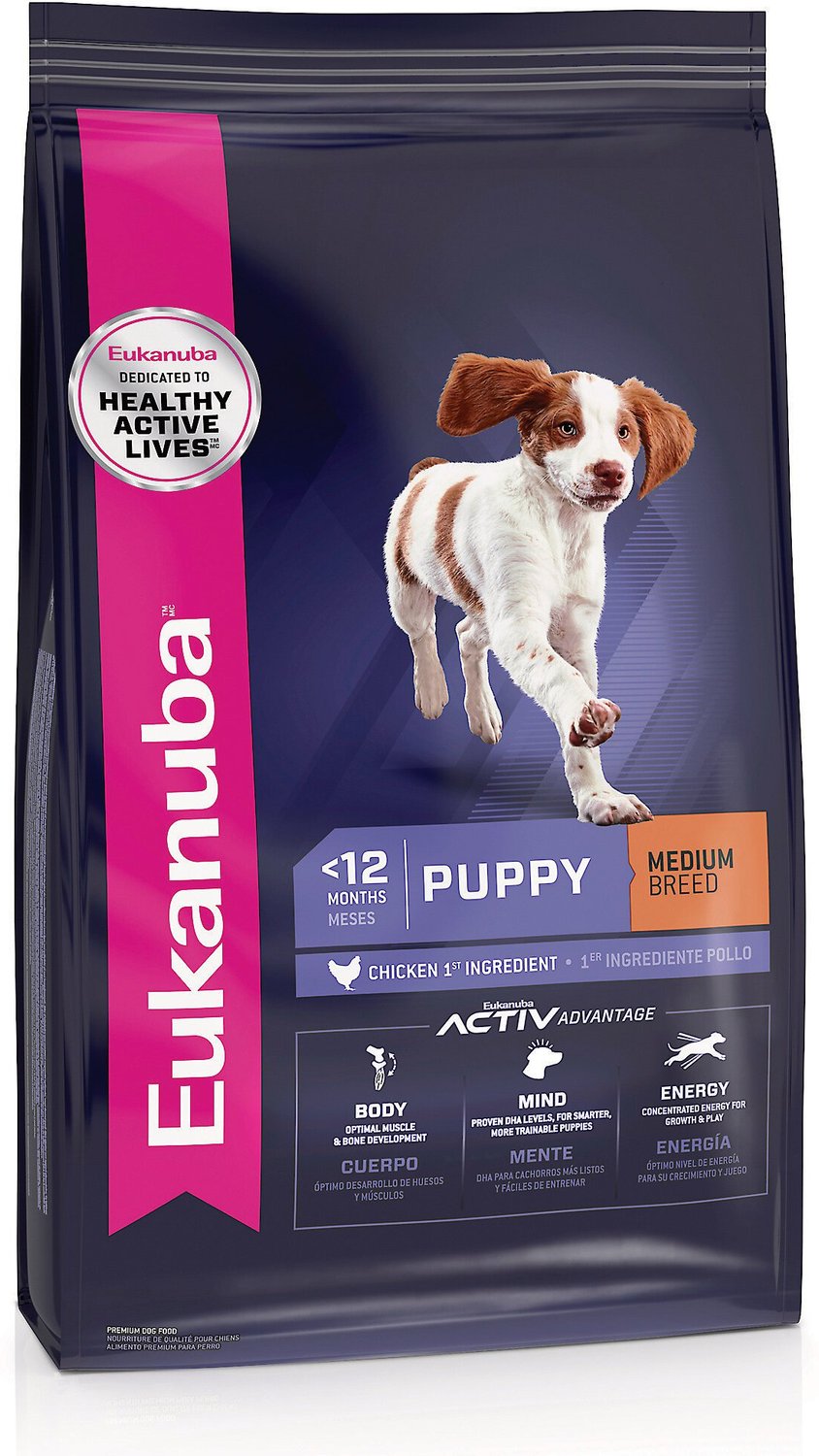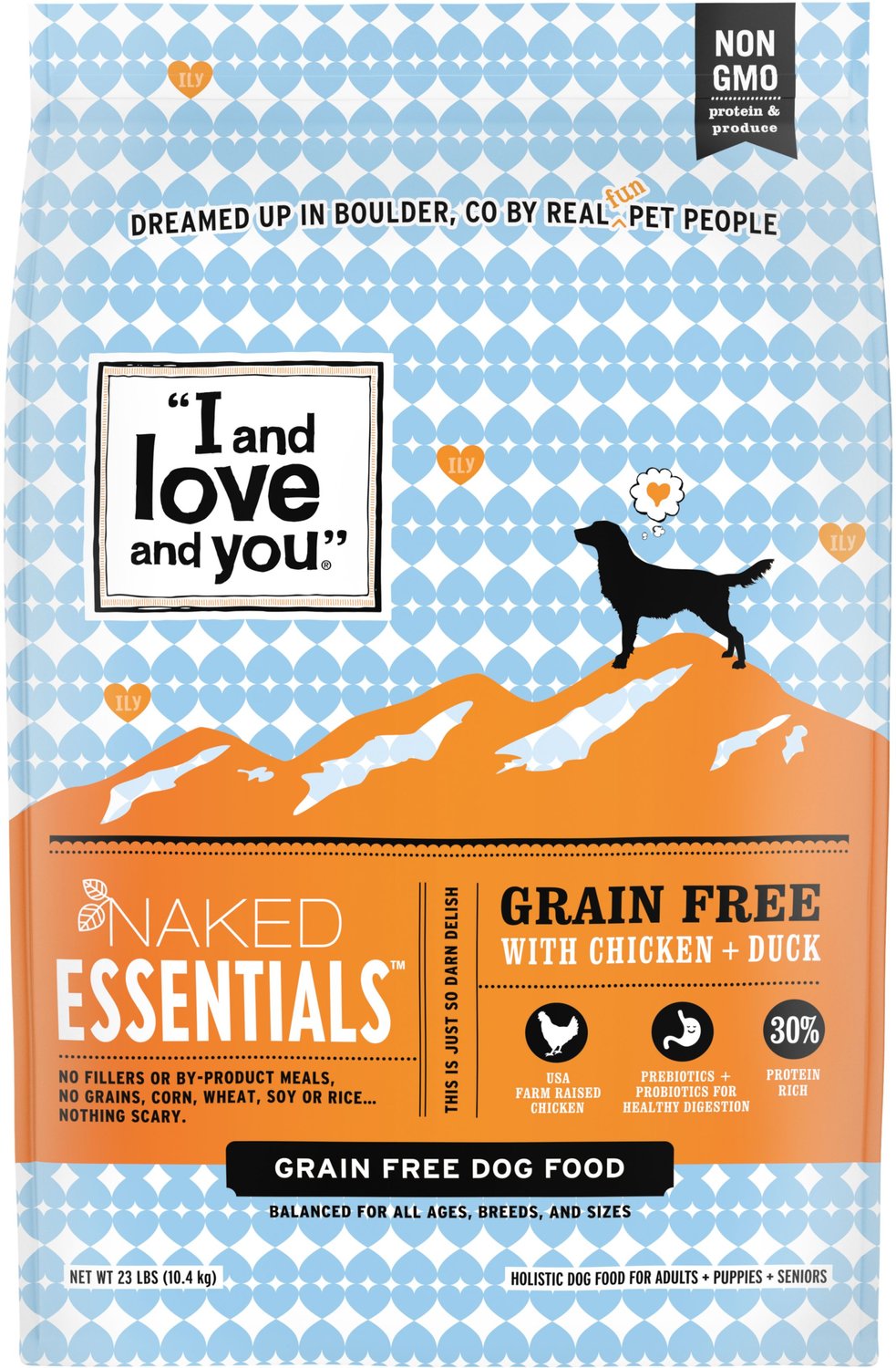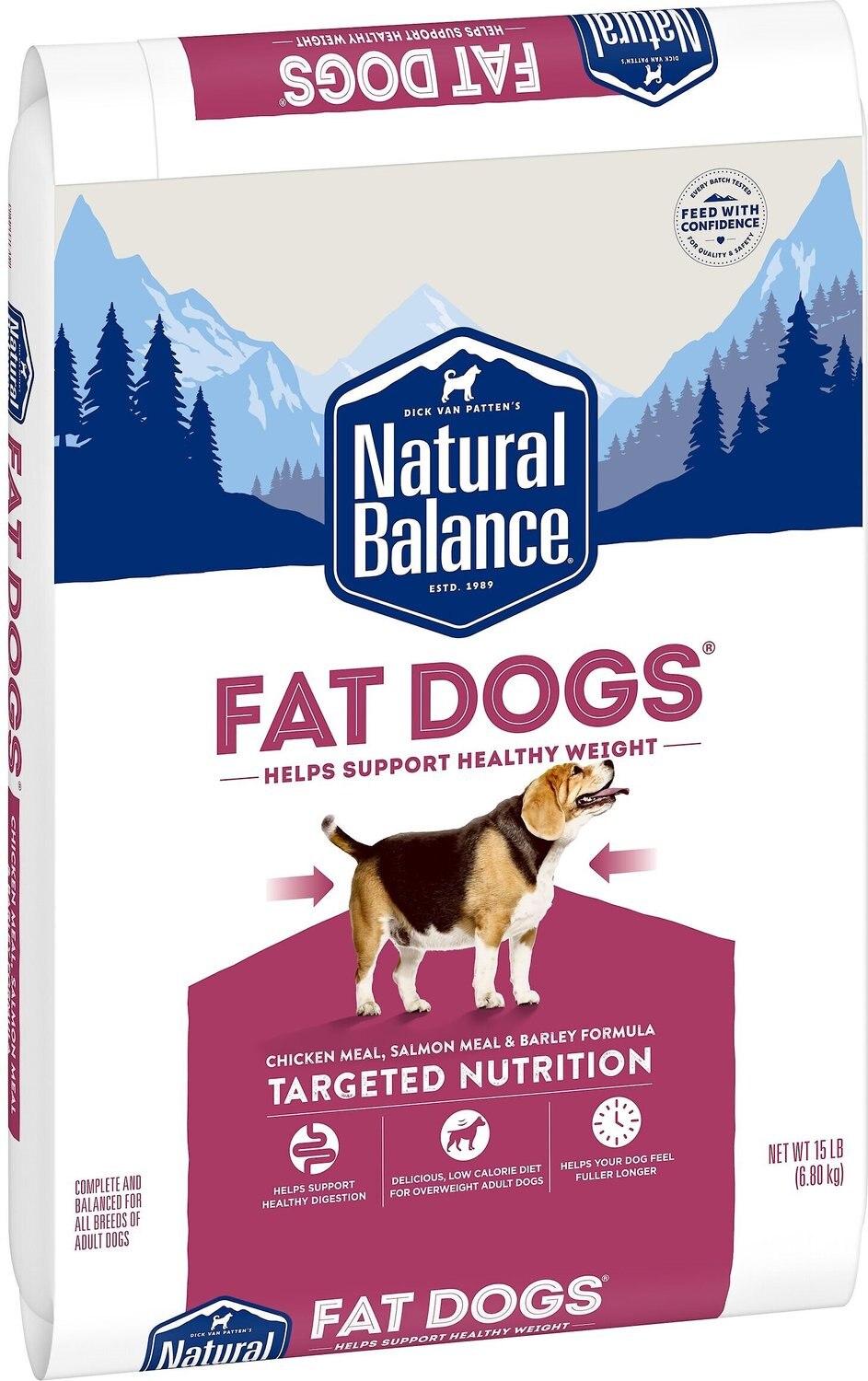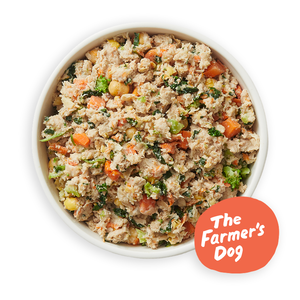What are the Best Dog Foods for Bulldogs?
In this article, we’ll share an overview of the bulldog breed, some potential health issues they may face, and diet recommendations for each stage of bulldog development.
AKC Classification: Non-Sporting Group
Exercise Required: 45-60 minutes/day
Ideal Weight
Healthy Male Weight: 50 lbs
Healthy Female Weight: 40 lbs
Breed Summary
Bulldogs are easily identifiable, with their wrinkled faces, short snouts, underbites, and big barrel chests. They’ve even got a distinctive rolling gait that’s unique to the breed. Bulldogs have short, smooth coats and can be a wide variety of colors and patterns. They are generally easygoing, loyal, and docile, and while they will happily snuggle on your lap all day, they need moderate exercise on a regular basis to stay fit and maintain a healthy weight. Bulldogs’ short snouts mean they are not well-suited for particularly hot, humid areas, but they are great for families with children and can thrive in both urban and rural settings. Male bulldogs can weigh up to 50 pounds and females up to 40 pounds, so they may be happier in larger apartments or houses.
Physical Traits
Thick-set, short, pushed in nose, muscular, large head
Personality Traits
Easygoing, loyal, docile, courageous
Health Considerations for Bulldogs
Bulldogs can face some unique health issues due to their extremely short snouts and very wrinkly faces, which require regular cleaning to prevent food and oils from building up in the wrinkles and causing irritation or infections. Their shortened snouts also impact their eye cavities - they are shallow and can let in dust and other debris, causing vision problems. Bulldogs can also suffer from dry eye or cherry eye, which is a prolapsed gland in their third eyelid.
They are prone to overheating, so care should be taken to keep your bulldog cool and comfortable. Bulldogs are at high risk for drowning, and should not be allowed into water that’s more than elbow-deep unless they are closely supervised.
Joint Issues
Bulldogs are quite heavy for their size, so their joints can give them problems. Common issues include Hip Dysplasia, joint and ligament injuries, and Osteoarthritis, so we recommend foods that contain:
Brachycephalic Airway Syndrome
Bulldogs have been bred to have extremely short snouts so their noses are pushed in and they have an underbite, which looks cute but can cause them a variety of problems like breathing issues, difficulty eating, and exercise intolerance. However, keeping your bulldog at a healthy weight can alleviate some of these symptoms, so keep a close eye on body condition and look out for Brachycephalic Airway Syndrome. We also prefer foods with these ingredients or attributes:
- Large bites (for slow chewing)
- Low fat
- Low caloric density
- L-Carnitine
Allergies
Bulldogs have notoriously sensitive stomachs and can suffer from food allergies. To prevent triggering allergies, make sure to introduce any new foods very slowly and under a watchful eye.
Thyroid and Heart Disease
Thyroid and heart issues, especially Hypothyroidism, often need to be treated with medication, but a healthy diet can be a useful preventive measure. We recommend dog foods for bulldogs that are:
- Low Potassium
- Low Phosphorus
- Potassium content
- Omega-3 from Fish Oil
Cancer
Bulldogs can suffer from mast cell tumors, which are caused by their response to allergens and other causes of inflammation. By avoiding allergens and inflammation, you can lessen your dog’s risk of developing MCT.
Complete a nutritional assessment to view individualized diet recommendations specifically for your pet.
Foods We Recommend: Bulldog Puppies
When do Bulldogs grow out of the puppy stage?
12 months old
Bulldogs, like all breeds, have the most energy and do all of their growing as puppies, so they need extra calories during puppyhood for healthy development. Some foods we recommend for bulldog puppies include:

Puppy Chicken Recipe Grain-Free Dry Dog Food

Puppy Medium Breed Chicken Flavor Dry Dog Food

ProActive Health Smart Puppy Food

Beneful Healthy Puppy with Farm-Raised Chicken Dry Dog Food
Foods We Recommend: Bulldog Adults
When do Bulldogs become adults?
12 months old
As bulldogs grow into their adult years, their dietary needs change. They may need food that’s easy on the tummy and has lower calories to help them maintain a healthy weight and avoid allergies, which can prevent secondary health issues. Look for foods like these:

Naked Essentials Grain-Free Chicken & Duck Recipe Dry Dog Food

MMillennia Beef & Brown Rice Recipe with Peas Adult Dry Dog Food

Chicken & Salmon Formula Low Calorie Dry Dog Food

Fresh, Personalized Ingredient Meal Plan
+ Custom, human-grade diet
+ More expensive than kibble
Foods We Recommend: Bulldog Seniors
When do Bulldogs become seniors?
7 years old
And finally, as seniors, bulldogs may need their food to contain even fewer calories as their metabolism slows down, or foods with specific nutrients that keep their joints healthy. These are some of our top picks:

Bright Mind Adult 7+ Chicken & Rice Formula Dry Dog Food

Senior Real Chicken, Sweet Potato & Garbanzo Bean Recipe Dry Dog Food

Mature Chicken, Turkey & Brown Rice Recipe Dry Dog Food

Limited Ingredient Diet Turkey & Potato Recipe Senior Dry Dog Food
Affiliate Disclosure
We do not accept money to recommend pet foods. However, we do receive referral fees from online retailers (such as Chewy or Amazon) on qualifying purchases. Our recommendations are neutral, and diet recommendations are made without considering whether we will receive a referral fee.

